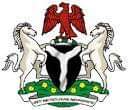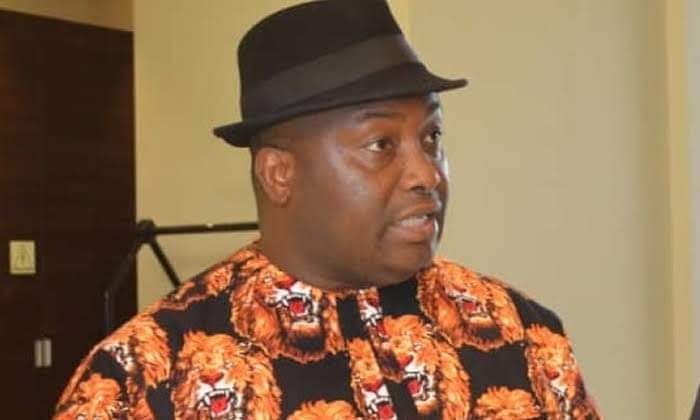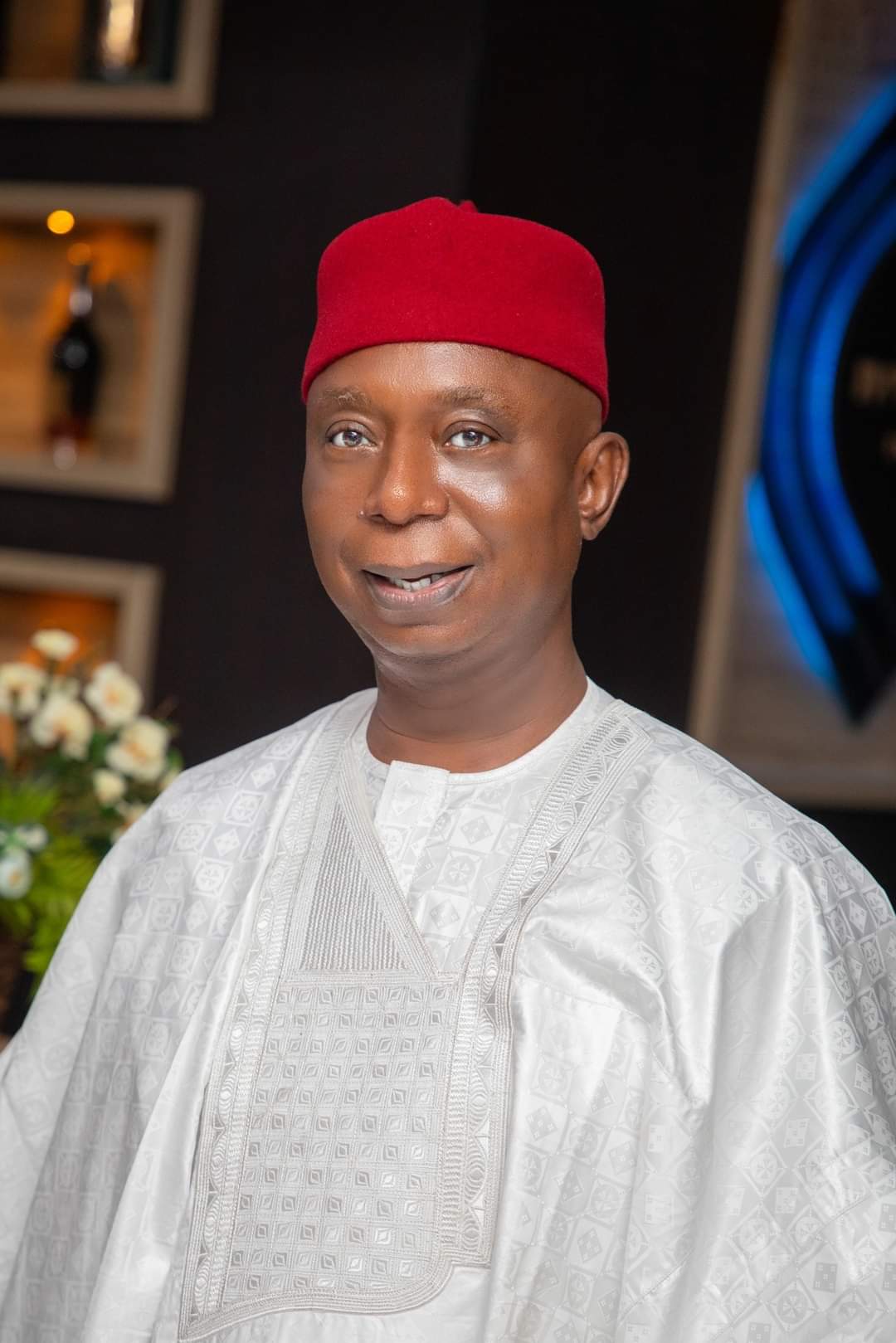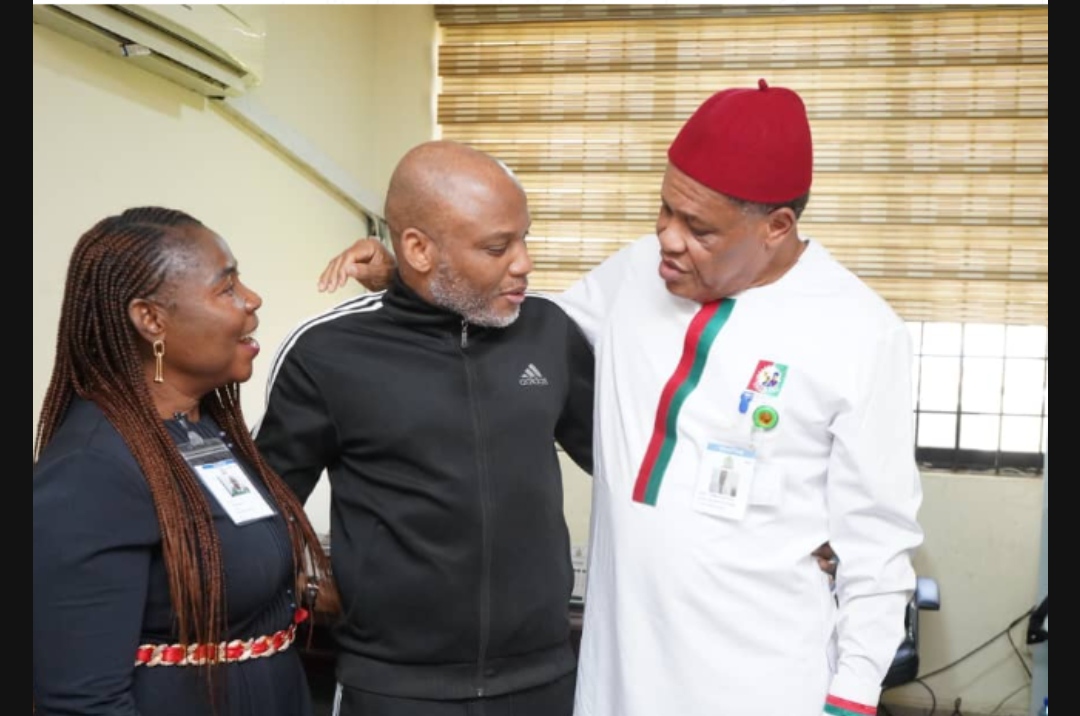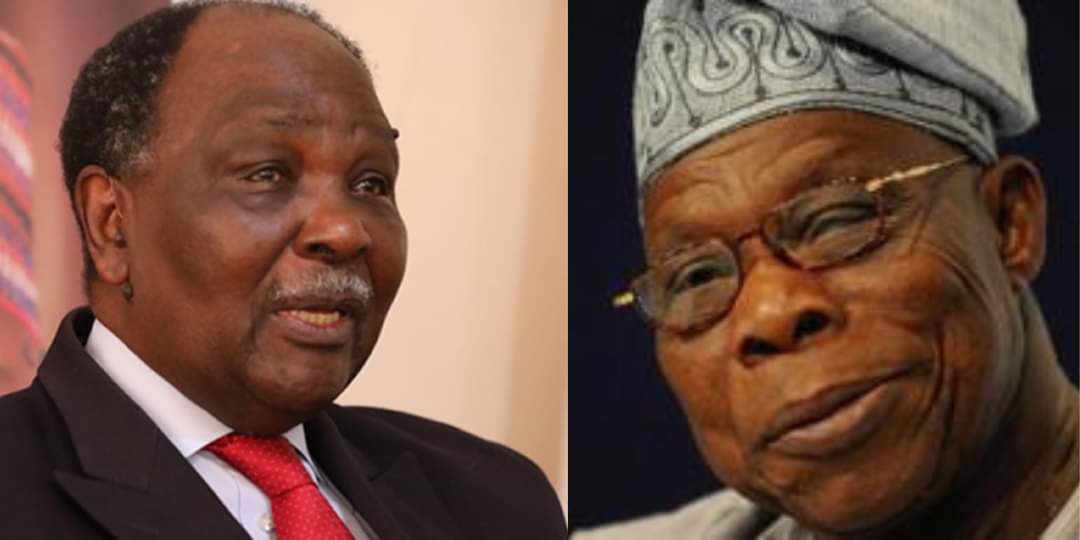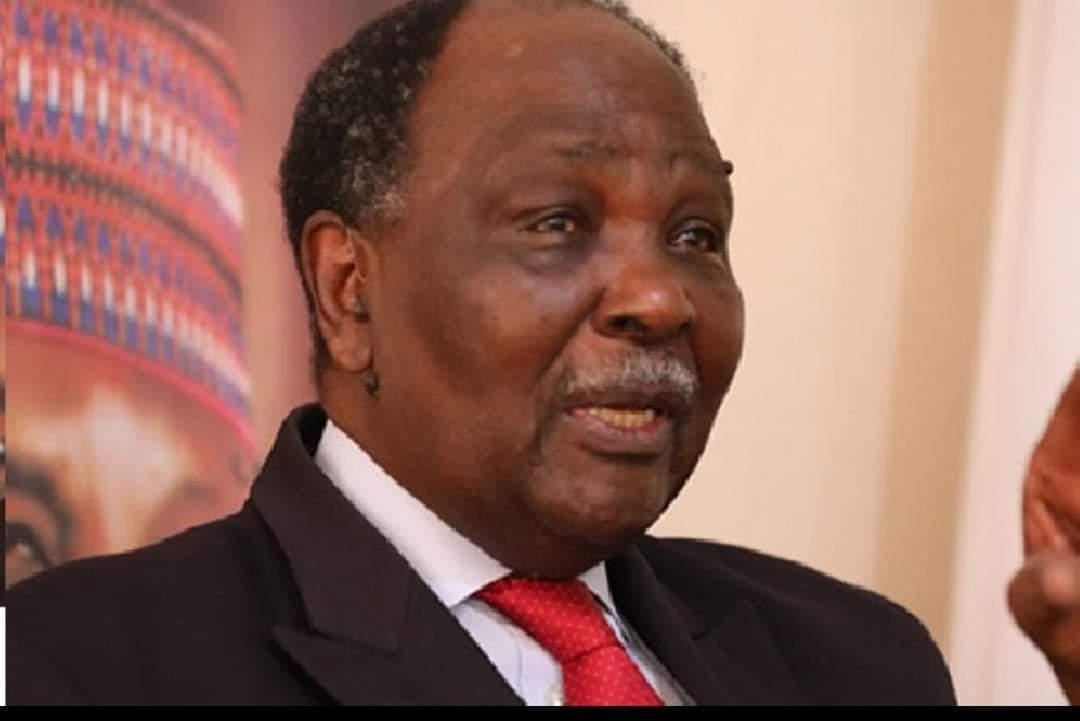Tomorrow, many will point fingers at the government, claiming it is the root of Nigeria’s problems. But is it truly the president who rigs elections in states like Edo? Or is it the underpaid professors, earning less than $400 a month, the returning officers, and the NYSC members, uncertain of their future, who facilitate this process?
The harsh reality is that Nigeria can only become a better nation when its citizens rid themselves of corruption. If individuals refuse to be corrupted, the government would have no pawns to manipulate. It’s becoming clearer now that the government isn’t the sole problem—we, as citizens, are complicit in our own downfall. Every rigged election, every corrupt practice, is enabled by ordinary people who choose to compromise their integrity. If we collectively reject these acts, no government can succeed in rigging an election on its own.
APC’s long grip on power seems inevitable, as long as Nigeria remains one entity. This was once the ambition of PDP, until they handed the reins to a leader who conceded defeat before the final tally was even announced—an act that many saw as noble, but also weak in the cutthroat world of Nigerian politics. Had that not happened, PDP might have continued to dominate through the same electoral malpractices. Now, APC appears to have learned from the past and will likely never field a candidate who lacks the ruthlessness to hold onto power.
In truth, the political landscape in Nigeria feels like it’s on an irreversible course. But here’s the insight that many overlook: a corrupt government thrives only in a corrupt society. If citizens stop selling their votes, refuse to be instruments in election rigging, and stand firm in demanding accountability, no political party—whether APC, PDP, or any other—can sustain a hold on power through unethical means. The future of Nigeria lies not just in the hands of those who govern, but in the choices of every individual citize.

